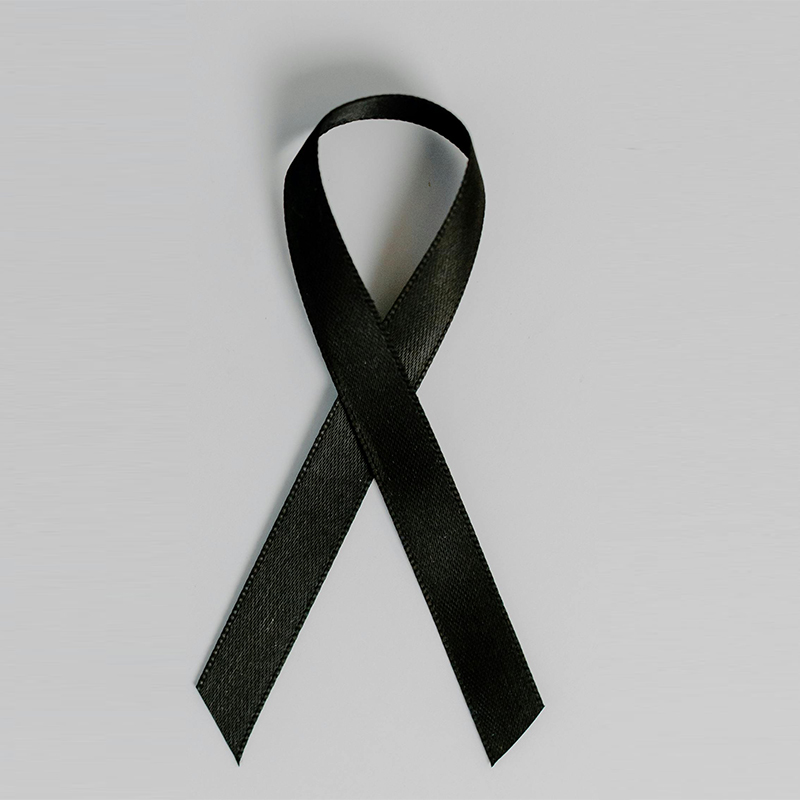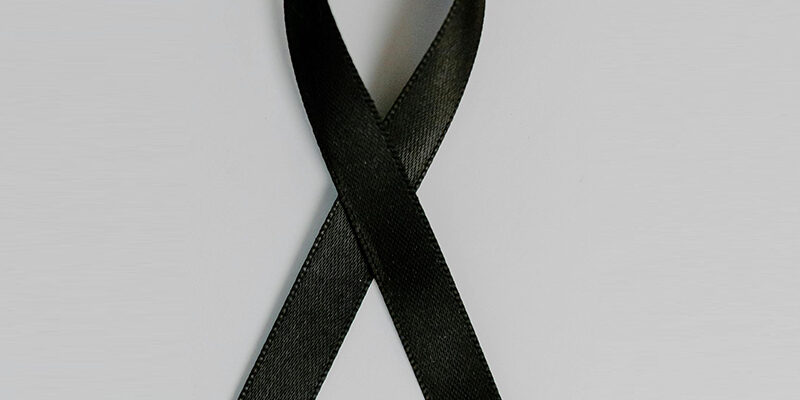Skin Cancer Awareness Month and Melanoma Monday 2025
Each May, health organizations across the United States focus on educating the public about skin cancer prevention, early detection, and the importance of annual skin exams. Known as Skin Cancer Awareness Month, this initiative was started by the American Academy of Dermatology (AAD) to highlight the growing impact of skin cancer, especially melanoma.
The first Monday in May is recognized as Melanoma Monday, a dedicated day to raise awareness about melanoma and encourage people to schedule skin checks. In 2025, Melanoma Monday falls on May 5.
Skin cancer is the most common form of cancer in the United States. One in five Americans will develop skin cancer by the age of 70, and melanoma accounts for the majority of skin cancer deaths. In Alaska, skin cancer remains a serious concern despite the cooler climate. Raising awareness helps people take early steps toward prevention and detection. Join us in learning more about skin cancer below, and Schedule a Screening with us if you see signs of skin cancer.

Why Skin Cancer Awareness Matters More in Alaska
Alaska’s unique environment creates specific challenges when it comes to skin cancer risk. The UV rays in Alaska can be intense due to reflective surfaces like snow, ice, and water. These surfaces can bounce UV radiation back onto the skin, increasing exposure even on cloudy or cold days.
In addition, the ozone layer is thinner at northern latitudes, providing less natural protection from UV rays. Many Alaskans also spend extended periods outdoors in both winter and summer, participating in activities like skiing, fishing, or hiking. These lifestyle factors make sun protection and regular skin checks especially important in our state.
The long daylight hours during Alaskan summers can also lead to prolonged sun exposure. Without proper sunscreen use or protective clothing, the risk of developing skin cancer increases significantly.
Recognizing Skin Cancer: What to Look For
Early detection is key to successfully treating skin cancer. Knowing the signs to watch for can help you act quickly and get professional care when needed.
Dermatologists use the ABCDE rule to help identify suspicious moles or growths:
-
Asymmetry: One half does not match the other
-
Border: Edges are irregular, notched, or blurred
-
Color: Uneven color or multiple shades
-
Diameter: Larger than 6 millimeters, about the size of a pencil eraser
-
Evolving: Changing in size, shape, color, or symptoms like itching or bleeding
In addition to moles, be alert for any new skin growths, sores that don’t heal, or rough patches that bleed or crust over. These could be early signs of other forms of skin cancer.
Routine skin checks and self-exams are important. If you notice a change in your skin, contact a dermatologist as soon as possible.
Types of Skin Cancer
There are several different types of skin cancer, each with its own characteristics and risks.
Basal Cell Carcinoma (BCC)
This is the most common form of skin cancer. It often appears as a small, shiny bump or a pinkish patch of skin. BCC rarely spreads but can cause damage to nearby tissue if not treated.
Squamous Cell Carcinoma (SCC)
SCC typically appears as a red, scaly patch or a firm bump. It is more likely to grow deeper into the skin and can spread if left untreated.
Melanoma
Melanoma is the deadliest form of skin cancer. It develops in the pigment-producing cells of the skin and can spread quickly to other parts of the body. Early diagnosis makes a big difference in treatment outcomes.
Merkel Cell Carcinoma
A rare but aggressive form of skin cancer that usually appears as a painless, firm bump on sun-exposed skin.
Understanding the differences among these types can help you recognize potential issues early and seek the right care.
Working With a Dermatologist
Partnering with a dermatologist is one of the best steps you can take to protect your skin health. Regular skin checks, especially for those with a personal or family history of skin cancer, can lead to early detection and better treatment results.
At Alaska Family Dermatology, we are here to support your skin health year-round. We understand the unique factors that affect Alaskans and offer expert care for prevention, diagnosis, and treatment of skin cancer.
If you’ve noticed any changes in your skin or have never had a skin exam, Skin Cancer Awareness Month is a great time to schedule one. Don’t wait. Catching skin cancer early can save your life.




